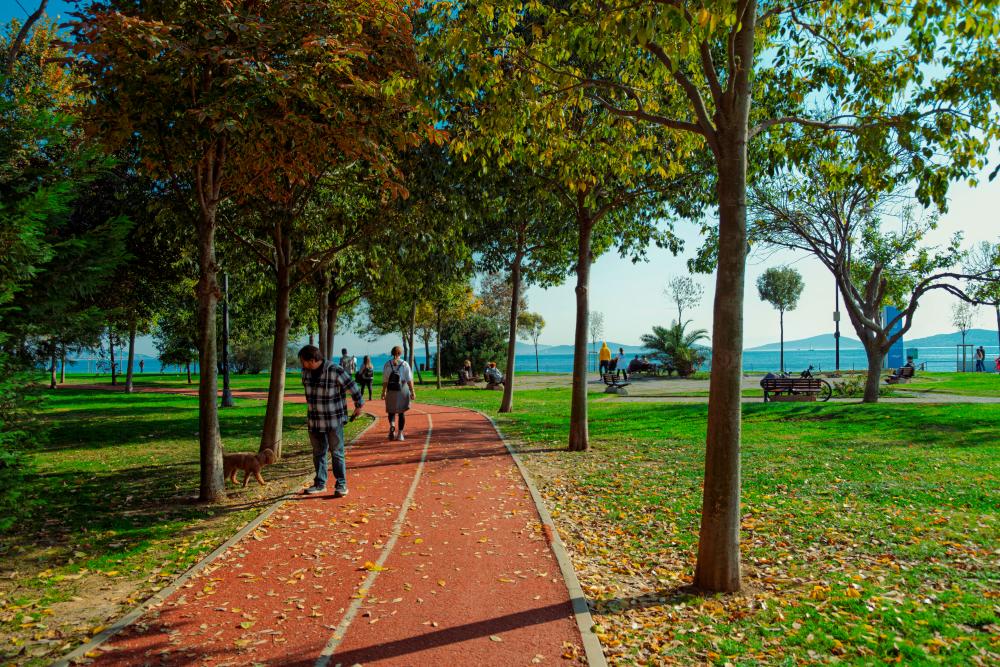THE report “No-camping regulation sparks public debate” reminded me of my secondary school days in the 1960s at La Salle Klang.
Back then, to visit the nearest sandy beach, residents had to travel over 45km to Morib. Klang had no swimming pool, so bus excursions were organised to places like Morib and Ulu Langat, where the Langat River begins as a mountain stream and flows into the Straits of Malacca near Morib.
I fondly recall camping under the tall Casuarina trees at Morib Beach with my classmates. We used stolen canvas from a lorry to make a tent as we could not afford to rent or buy one.
After heavy rain, we would catch frogs and cook them using our camping equipment. These camping trips were simple and adventurous, but today, things have changed. The dangers have increased with the presence of criminals and unpredictable individuals, making camping less safe.
Recently, the Port Dickson Municipal Council enforced a no-camping policy on its beaches due to issues such as rampant littering, improper waste disposal and habitat destruction from unregulated camping. This move sparked a debate as not everyone agreed with the ban.
Universiti Teknologi Mara’s Prof Dr Mohd Hafiz Hanafiah argued that strict camping
bans may harm Malaysia’s competitiveness as a coastal tourism destination, especially in comparison with neighbours like Thailand and Indonesia.
He suggested that regulated camping could strike a balance between environmental preservation and tourism. He also pointed out that local businesses, such as food vendors and tent rental operators, were already feeling the effects of the ban.
However, I see things differently. Sixty years ago, our camping trips were simple recreational activities. We brought everything we needed from home, without spending much. This is not much different today, as the essence of camping and picnicking remains the same.
In my view, camping is more of a recreational activity than a tourism venture, which involves considerable spending on shopping, food, accommodations and transport.
While glamping on private campsites may be a commercial tourism activity, traditional campers who bring their own supplies contribute little to the local economy.
I fully support the ban on camping in Port Dickson.
It will prevent the area from becoming a garbage dump and create more space for the public to enjoy the beach.
It is a move that serves the broader good, ensuring environmental preservation and better access for everyone.
YS Chan









